Cleveland, Detroit, and Philly Are Getting WNBA Teams — A Historic Expansion That’s About More Than Just Basketball
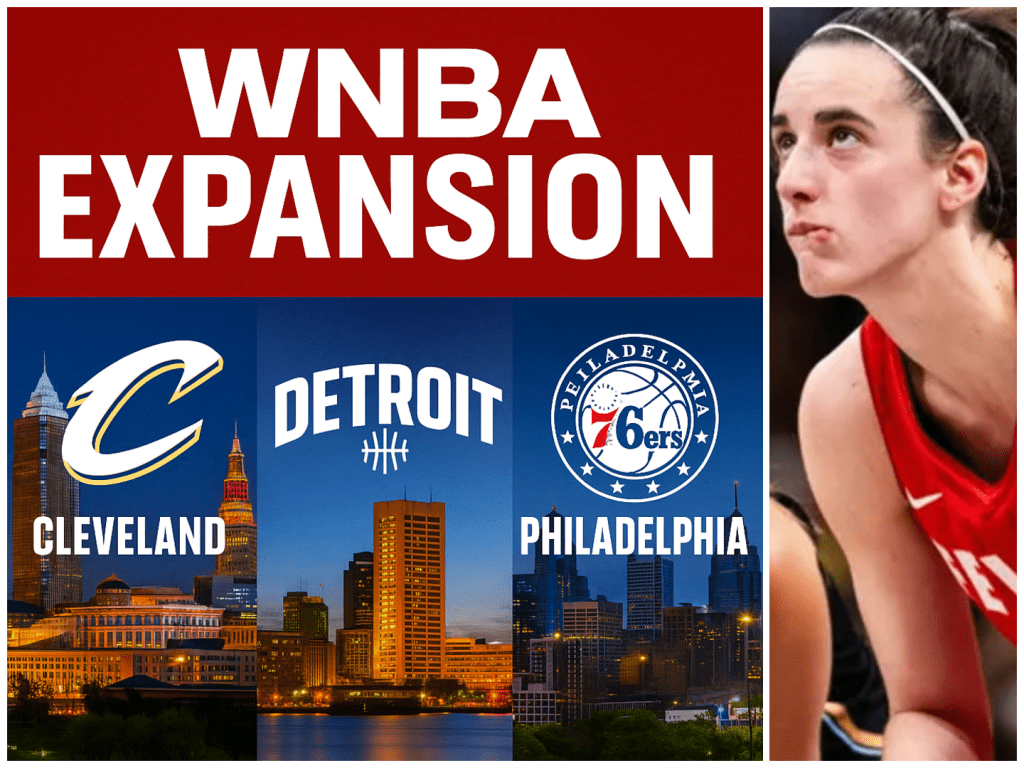
There are moments in sports that just feel bigger than the scoreboard. Moments where you can sense the future shifting—where the game itself steps into a new chapter. That’s exactly what this moment is for the WNBA. Over the next five years, the league is expanding in a way that’s never been done before, and it’s not just about adding new teams. It’s about reviving history, creating opportunity, and answering a rising roar from fans, players, and cities who’ve been waiting for their moment.
The WNBA has officially announced that it will be adding three new franchises by 2030: Cleveland, Detroit, and Philadelphia. With these additions, the league will grow from 15 teams to 18 total, marking the most aggressive expansion in league history. The timeline is set: Cleveland gets its team first in 2027, followed by Detroit in 2028, and Philadelphia rounding it out by 2030. Each of these cities is paying a reported $250 million franchise fee, a clear sign that women’s basketball is not just gaining attention—it’s becoming a serious business (AP News).
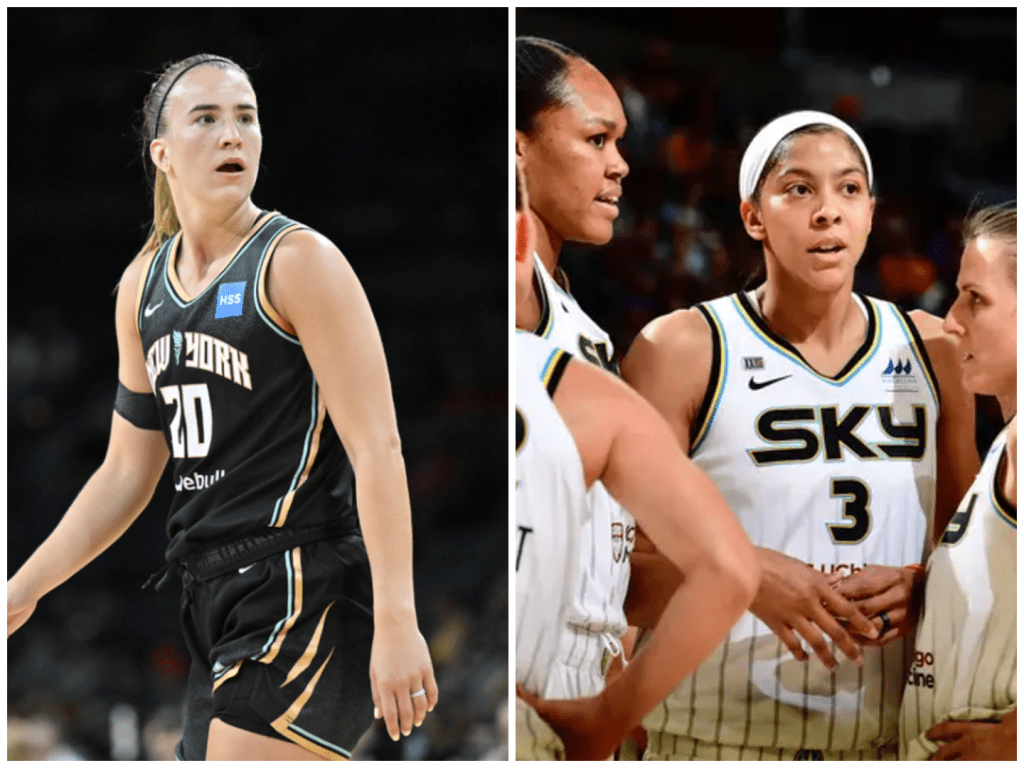
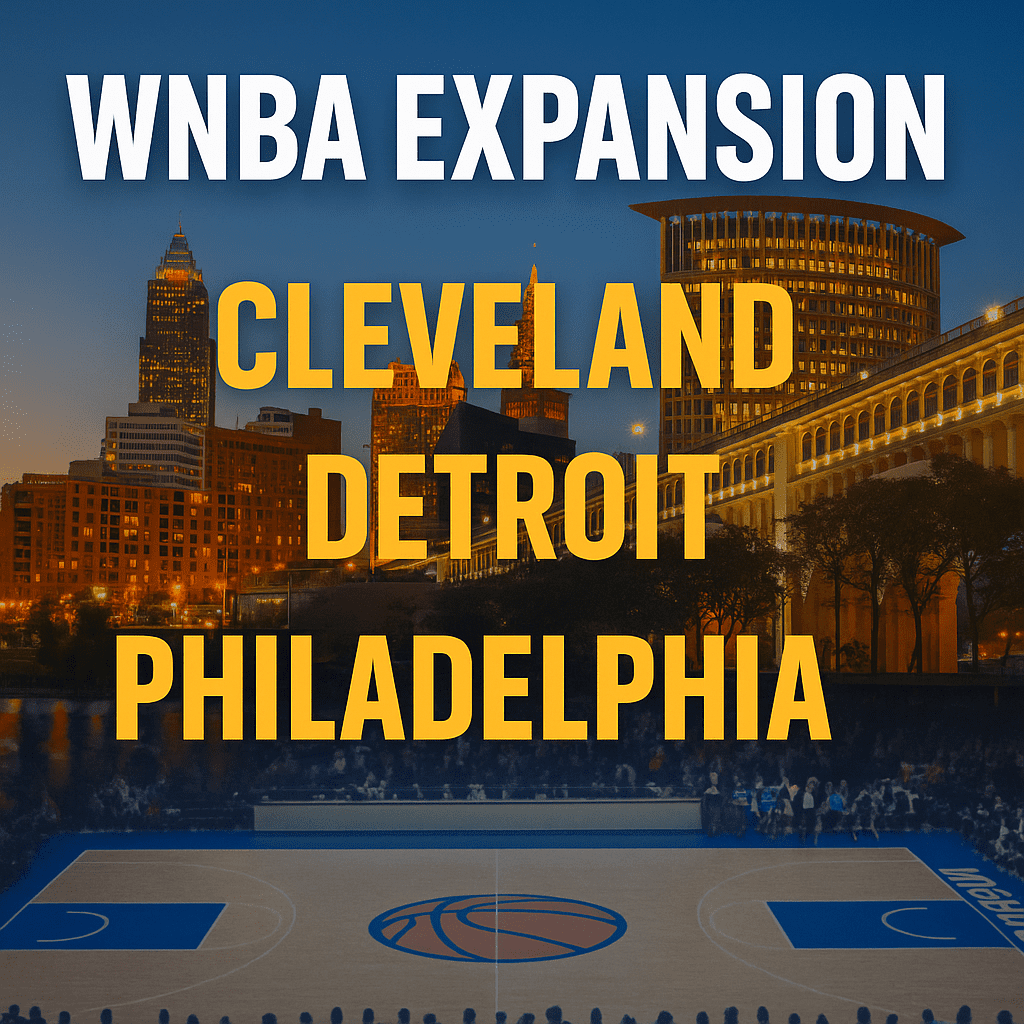
For fans who’ve followed the WNBA since its early years, this news hits differently. Cleveland and Detroit aren’t new to the league. They’re familiar names, familiar cities, and familiar heartbreaks. The Cleveland Rockers played from 1997 to 2003 before folding. The Detroit Shock, once home to legends like Swin Cash and Deanna Nolan, were three-time champions before relocating and eventually dissolving. Bringing those cities back feels like setting things right—a second chance for basketball communities that never stopped loving the game.
Philadelphia, though, is the fresh spark. It’s a city with a rich basketball culture, from playground courts to packed college arenas to NBA dominance with the 76ers. But they’ve never had a WNBA team—until now. And you can already feel the energy brewing. Sports bars buzzing. Girls’ basketball leagues lighting up. People ready to fill arenas and build a fan base from scratch. If the league wanted to send a message that it’s growing and getting serious, this expansion does it loud and clear.
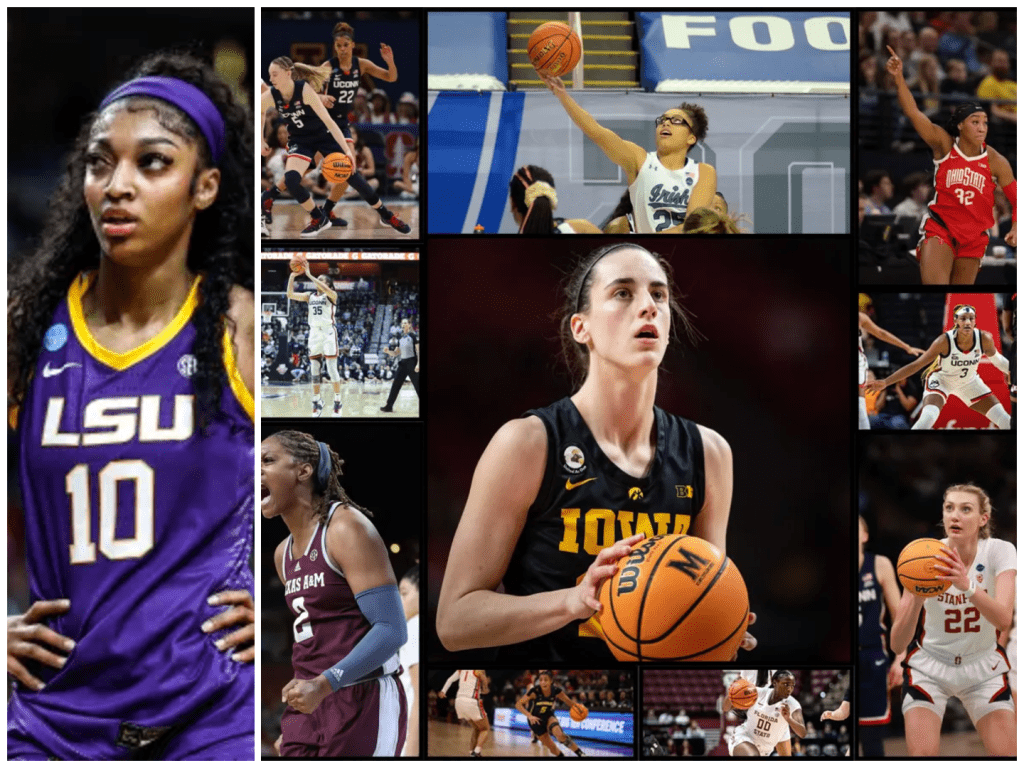
What makes this moment especially exciting is that it doesn’t feel like a PR move or a gamble. It feels earned. Over the past few years, the WNBA has seen a surge in viewership, jersey sales, player endorsements, and social engagement. Players like Caitlin Clark, Angel Reese, A’ja Wilson, Sabrina Ionescu, and Aliyah Boston have become household names. College fans followed their favorite stars into the league. Brands followed the eyeballs. And cities started to notice that if they didn’t invest in a team now, they might miss the boat entirely.
That’s exactly what Commissioner Cathy Engelbert said when announcing the move. She called it a “historic expansion,” not just because of the number of new teams, but because of what it symbolizes—a validation of women’s sports, of the athletes, and of the fans who’ve shown up year after year, even when the spotlight was dim.
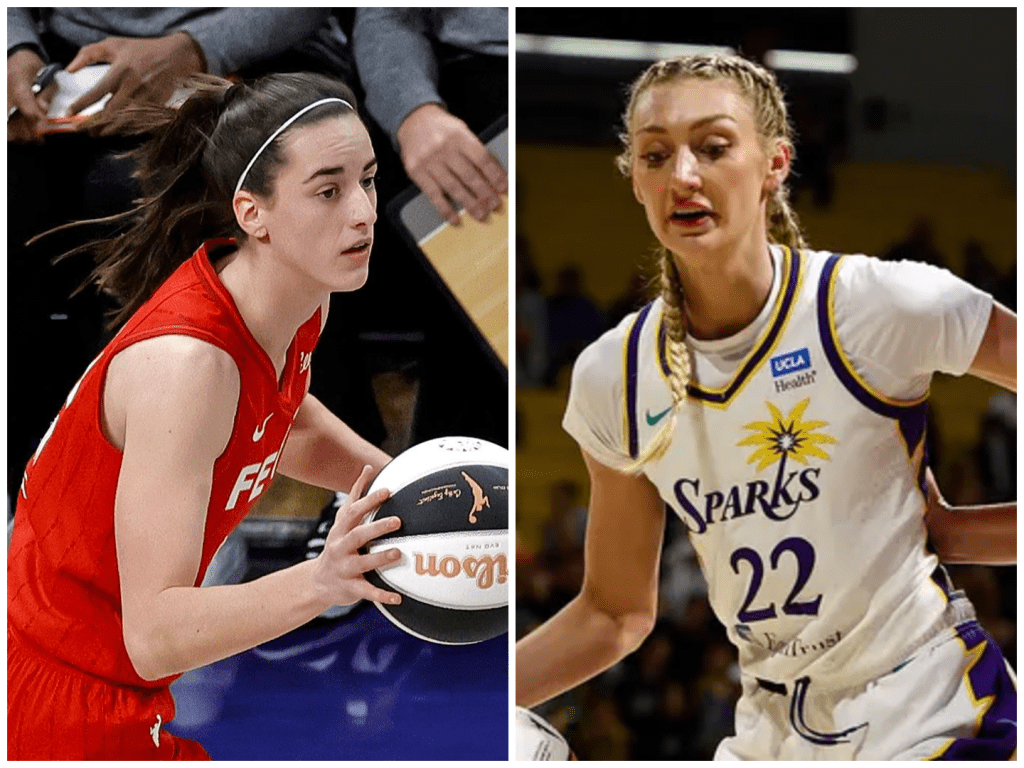
You can see the evidence in every corner. The Las Vegas Aces sell out consistently and dominate the league. The Indiana Fever have skyrocketed in popularity thanks to Caitlin Clark’s arrival. The New York Liberty, with Ionescu and Stewart, are putting on shows every night. The game is fast, skilled, and physical. The rivalries are growing. And the league isn’t just surviving anymore—it’s building.
That’s what makes this expansion so emotional. Because it’s not about creating something out of nothing—it’s about growing what was already there. It’s about giving cities like Cleveland and Detroit a second chance to prove they can show up. It’s about letting a city like Philly start fresh and show how hungry it is for women’s pro basketball.
And it’s about kids—boys and girls—who get to go to their first WNBA game in their hometown. It’s about families in Detroit reliving the memories of the Shock. It’s about Cleveland fans remembering what it felt like to cheer for their Rockers. It’s about new jerseys, new rivalries, new chances to connect. Because sports, at its best, is community. And this move expands that community in the most powerful way.
You can already imagine what the first Cleveland home game will feel like. Or the first Philly sellout. Or the energy when Detroit gets its team back and hosts a legacy night for the Shock. These aren’t hypotheticals anymore. They’re coming. The arenas are coming. The drafts. The rosters. The local partnerships. The billboards. The parades. It’s all going to happen. And it’s going to matter.
Even financially, this is a power move. Each city is backed by strong ownership groups with ties to NBA franchises, which means infrastructure is already there. TV deals are growing, social media clips go viral almost nightly, and fans are more engaged than ever. The WNBA isn’t asking for attention anymore—it’s commanding it.
At the end of the day, this isn’t just a story about basketball. It’s a story about investment, equity, and belief. Belief in the players. Belief in the fans. Belief in cities that are ready for more. For decades, women’s sports were treated like they were optional—an extra. But this expansion says the quiet part out loud: the WNBA is here to stay, and it’s just getting started.
So if you’re from Cleveland, Detroit, or Philly—get ready. You’re about to be part of something historic. You’re not just getting a team. You’re joining a movement.